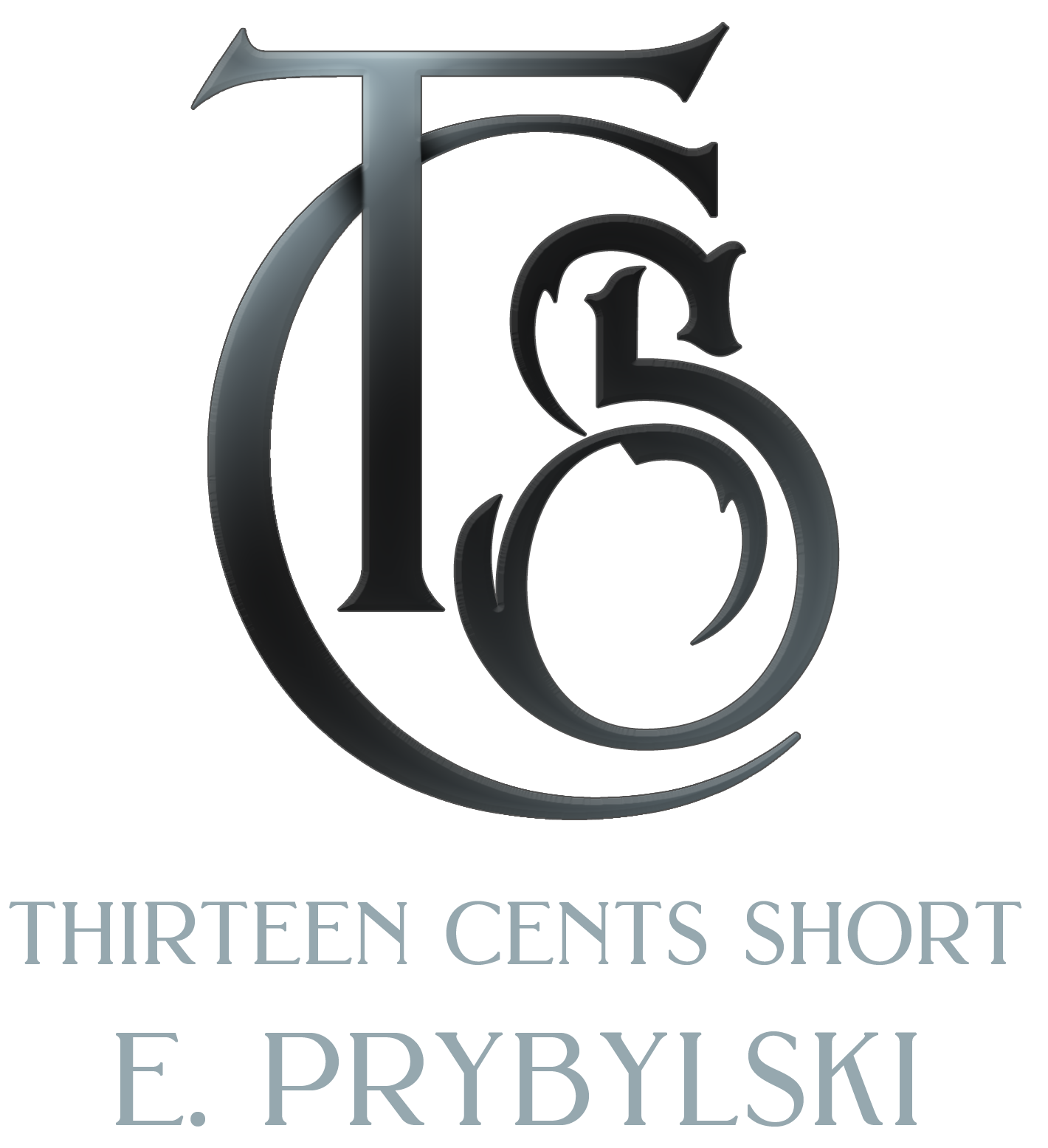When asked the question of “who do you write for,” many authors respond with writing for themselves. While it’s… almost true, in a way, it doesn’t really work. If you’re writing for yourself, and only yourself, it’s journaling. While journaling is wonderful, helpful, and positive, most of us are hoping to publish our writing, and if that’s the case we need to think about our audience early on. Who do we want to read our book?
Don’t just say “everybody”.
Your genre will help you start narrowing down your readership because different demographics will read different material. If you’re writing a non-fiction about farming, chances are your target demographic isn’t going to be children (unless it’s a children’s book). There are some resources out there which can give you more information about who your readers are for your genre, but some of it is going to be guesswork on your part until you develop an understanding of your particular market.
The reason you need to think about this is because knowing who you’re writing for will both give you a clear vision as you write. If you’re writing for schoolchildren, for example, you’ll need to know what level of vocabulary to employ and what content you’re going to write. That isn’t to say you should limit your writing necessarily, but you should keep this kind of thing in mind because it’ll matter for your sales. Out-of-the-box stuff does sell sometimes, but that is either luck or careful marketing and hard work by the author. More often than not it’s a combination of both.
This also matters for your other marketing, like your blog. Who do you want your audience to be for that? For example: my audience here is for writers and editors other than my new Friday blog series which is more autobiographical. If you’re writing a blog as an author and your goal is to build your audience, you are probably going to be writing about things that interest your book’s readers. If you aren’t sure how to do that, just recognize that your readers want to get to know you. That means write about your passions, your life, your writing… they want to know all of it. The content of your blog is another post, though.

I believe we are in agreement here.
First and foremost as a fledgling author it has to be ‘for yourself’ but I think it has to be in the genre you enjoy reading the most. Going to be stereotypical here but for most ladies that will be romance oriented and for blokes more of an action thriller.
Blog wise, unless your blog has a set theme (cookery, gardening, assassination) then I feel you really do just have to be yourself and write about what interests you at the time.
Generally if you are the sort of person that does like (for example) historical romances – and writes these stories – then I expect your blog will reflect that in your personality and you will become more of a ‘real’ person to anyone who follows you and reads your stories.